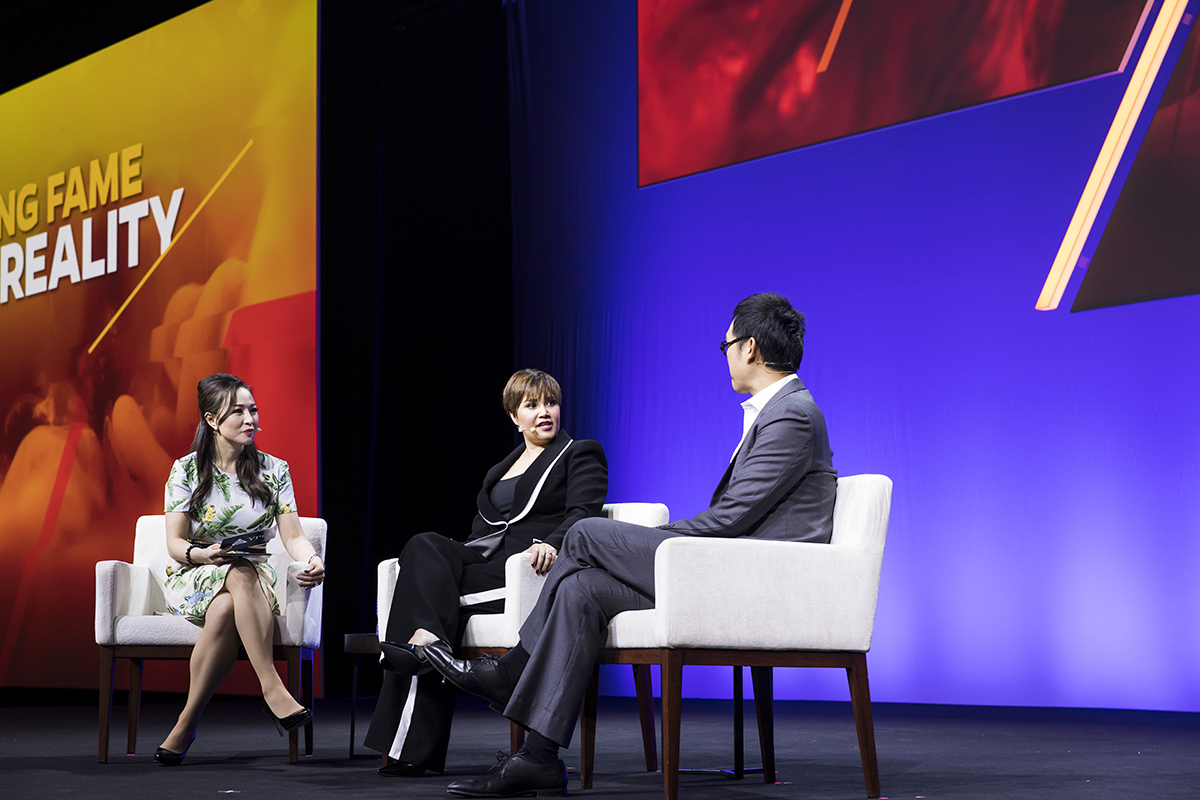
One of the panel discussions at the YPO Edge global leadership conference in Singapore in 2018, an annual event that brings together nearly 3,000 business leaders
The YPO may just be the most influential organisation in the world that most people haven’t heard of. An association of major business owners and chief executives spanning Asia, the US, Europe, Africa, South America, Australasia and the former Soviet Union, it is part high-end networking forum, part extended family. It is notoriously difficult to join, and those who are in say its discussion groups, events and networks have transformed their business and, sometimes, their personal lives. LUX Editor-in-Chief Darius Sanai hears some insights from YPO members in Asia

Joelle Goudsmit
YPO member since June 2012
LUX: How did you first come across the YPO in the context of your business?
Joelle Goudsmit: I took over the family company when I was 24, because my mother passed away quite suddenly. I had a liberal arts degree that I enjoyed but it did not really prepare me for working in construction and scaffolding, the family business in the Philippines. A degree in economics and Japanese literature does not prepare you for negotiating with contractors.
I was talking to someone in Hong Kong, who asked whether I’ve ever heard of this group called YPO and said that I really should join. I was a bit suspicious, as she was a random
person in my yoga class, so I answered that I was a bit overwhelmed just then and that I didn’t have room for anything else. Then YPO came up in a business context with several other people across Asia. So, I joined when I was 30, when there was critical mass with lots of people who were around my age, and it was wonderful.
Follow LUX on Instagram: the.official.lux.magazine
Leading a company is really quite lonely. You don’t necessarily have peers at work, you have colleagues who work for you. That’s a very different dynamic. When you work in a family business, there can be complications because the work tends to come home and your family then becomes stakeholders first, not necessarily family.
Your YPO forum does not have a vested interest in your business, they just listen, they are peers, and tend to be willing to share. Looking across the organisation, the common denominator is that the people come in with a willingness and a desire to constantly learn throughout their lives. I personally think that it doesn’t matter how challenging work gets, there is a point at which one gets a little stupid doing the same thing over and over. It’s much better t go to a YPO event to unplug, get inspired, and get new energy in order to bring that drive and inspiration back to work, and to maybe look at problems in a different way.
LUX: When you joined, did being a member help your business in specific ways?
Joelle Goudsmit: Yes, I have a number of examples of where I received unbelievable business support. When I purchased my first company, I was trying to find out about the business as quickly as possible. I decided I’d be doing business development straight away, not to be the CEO, just to go out, meet with potential clients and see whether the business was truly viable.
YPO has chapters and networks. The networks deal with your current interests , whether they be business or personal/social. I joined the deal network, I was quite active with them, and they organised these sessions around the world where you went in and met with a group. You were open about what your company needed at this point and whoever was in the room would volunteer leads for you or they could suggest someone they know or a chapter mate or someone in your realm. I remember I was in Dubai at that point and was looking for potential strategic partners. I put my need out to the table and really wasn’t expecting anything. Someone at the table goes, “come speak to me at work tomorrow”. They became my first client I acquired on my own for the company, and it was a wonderful “Phew! This company is viable” moment. It gave me a lot of confidence and hope for that company. That came out of YPO and has repeated a lot of times ever since.
I recently had breakfast yesterday with someone I met through YPO. Previously, he had a work colleague he had sent to the Philippines who needed emergency medical care. He didn’t know what to do, so he had sent a message out to the network. We responded and we were able to make a phone call to someone who owned a hospital close to where the man was, and was able to get him the right care.
So, at breakfast recently, he mentioned he was going to Kazakhstan, and I mentioned I’d like to explore potential business opportunities in Kazakhstan. So, he is phoning people to make introductions. You never know where these will lead, but it saves you having to go into a country that is very foreign, where you don’t know anyone. It’s a huge deal.
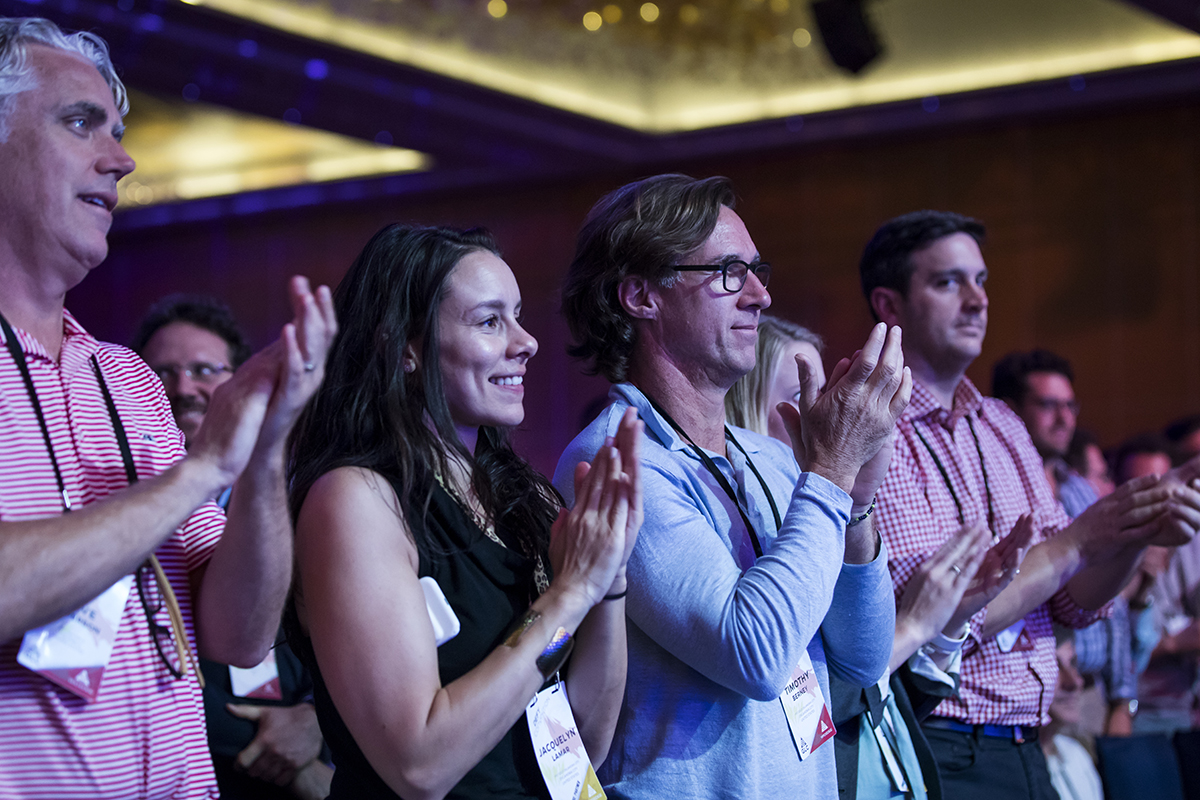
Delegates at the YPO Edge conference in Singapore, 2018
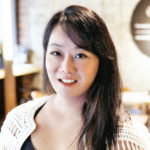
Jennifer Liu
Jennifer Liu, Hong Kong-based owner of The Coffee Academics and founder of HABITŪ, Asia
YPO member since May 2017
LUX: Why did you join the YPO?
Jennifer Liu: When your entrepreneurial businesses reach a certain international scale, the YPO makes great sense, in terms of forming an alliance with other business friends and understanding the business environment.
I have not been a member for long, and I am getting active; for example, there is a very interesting event where YPO members in Hong Kong and the region visit the Greater Bay Area of China [the region connecting Hong Kong with mainland cities such as Shenzhen and Guangzhou]. YPO has a very selective process for its members. The calibre and the sophisticated mindsets of the people set it apart. I believe there are fewer than 100 members in Hong Kong. I went through three interviews.
LUX: What kind of questions were you asked?
Jennifer Liu: They want to know if you really are the person who makes all the important decisions in your company. Whether you’re an entrepreneur or a top manager. And whether or not you can impact your company and the city or the world, one way or another both in the business world or the charities space.
Read more: Tips for a successful application to one of London’s most exclusive members’ clubs
LUX: You have been a member for less than two years ; how has it been?
Jennifer Liu: I love it. There are the very senior members who have seen it, done it, and they have all the words of wisdom. They have so much to share and for us, coming into this point in time where you’re no longer a young business person and you’re quite big, but you still have a lot to work on and to learn about, YPO has that resource of some of the best talents in town and also in the region or in the world, to openly and safely provide suggestions or networks. So, I think, in a way, when we come out and we say we are YPOers, it immediately means a certain standard, in terms of trust, respect and confidentiality. And in YPO, there is no specific hierarchy. Everyone is equal, and we all share . When it comes to confidentiality, it very clear what is level one, what is level two, and you feel very comfortable to share things you can’t even share with your family or your spouse or your co-workers.
LUX: In what way is it useful for your business?
Jennifer Liu: It’s very useful for me as person to have a safe environment to open up and to know people and to know what’s going on in Hong Kong or elsewhere in the world. It has a well-built system where we are not soliciting business between each other, but it’s a platform where we share useful and trusted information, both for business and personal matters.
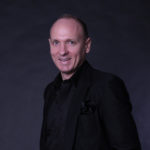
Mathew Boylan
Matthew Boylan, President and CEO of Matador Systems, Singapore
YPO member since October 2010
LUX: How has YPO helped your business?
Matthew Boylan: YPO has done two incredible things . Number one, it is an amazing security blanket because for a company like mine the only way that we can survive is to be able to support clients in more than one location. Our clients need to work with one supplier for their entire IT support strategy whether that is in Singapore, Vietnam, Australia, Korea or Japan. That means we need to have operations in all of those countries, meaning we have to incorporate a legal entity in those countries, meaning we have to navigate the rules and regulations that apply to employing permanent staff in those countries.
Before I joined YPO, one of the experiences that we had when we wanted to set up an office and incorporate a legal entity in China, we started talking to corporate consultants in Singapore who provided that service. The frustrating thing was that we would receive a quote from one corporate consultant for US$30,000 to incorporate in Shanghai, we would receive another quote for US$300,000 for exactly the same service. You are going into a market that you don’t have much knowledge about or experience in, you have to put a certain amount of trust in third party suppliers, but it is very difficult if you have not been recommended to those third-party suppliers, you have to do your own diligence, your own research.
You completely bypass the entire process by being a YPO member. All you need to do is pick up the phone or send an email, in this case it was to a YPO member who is based in Shanghai, and ask, “Can you please provide me with a recommendation to a corporate consultant who you have done business with, who you can trust, who you know will be able to support our needs in Shanghai?”. You know straight away that you can trust whoever they recommend. No matter where you are doing business you know that through the YPO network you can receive trustworthy and credible recommendations to third parties you need to rely on.
Read more: Inside Bangladesh’s Rohingya refugee camps
Number two – and this is so important in today’s business world – YPO allows you to conduct business at hyper speed.
I have been able to leverage off Matador’s expertise and infrastructure and resources to incubate and accelerate a lot of other different businesses. So, if you are looking for a manufacturing partner in a certain market, you’re looking for a distribution partner in a certain market, again you can leverage off the YPO network to actually source those.
One of my new businesses for 2018 was releasing a new product into the Japan market, we needed to source a manufacturer either in China or Vietnam, and through the YPO network I was able to source potential manufacturing partners within 24 to 48 hours. The two business partners who I am working with are based in Tokyo, who are not in the YPO, they have been struggling with this for twelve months with no progress, and they just said, “Matt, how did you do this?” I said it was through YPO and they were fascinated. Basically, within a 48-hour period I was able to source a manufacturer in Vietnam and also a manufacturer in China and in both cases, they were recommendations from YPO members in those respected countries. So, you can really work at speed, which is critical.
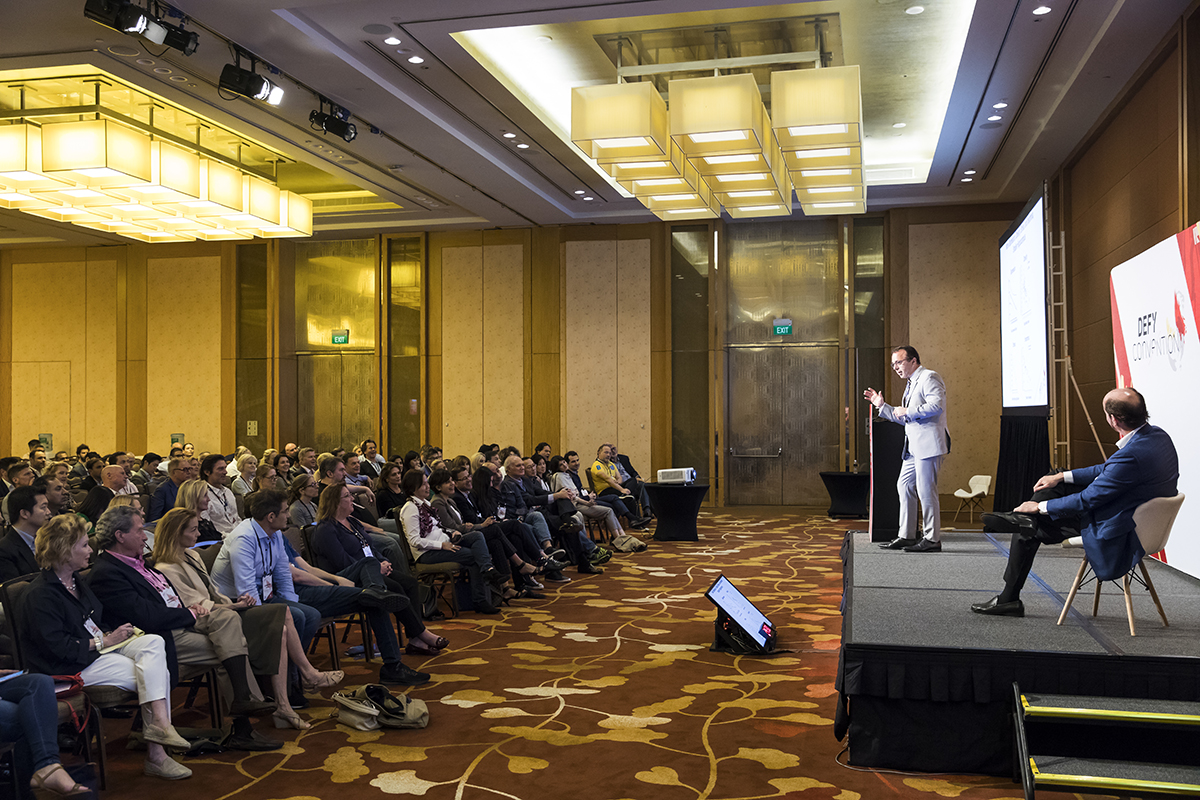
A speaker at the YPO Edge conference in Singapore, 2018
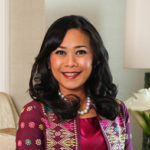
Noni Purnomo
Noni Purnamo, President Director of Blue Bird Group Holding, Indonesia
YPO member since November 2003
LUX: You were one of the first female YPO members in your region.
Noni Purnamo: Yes, I was first introduced to YPO about 15 years ago by a good friend who is a very successful businesswoman, Shinta Kamdani. When I joined there about only like three female members in Indonesia, including her and myself.
LUX: How has the YPO helped you?
Noni Purnamo: YPO has help me grow all sides of my life. I went through the ups and downs of various challenges. When I was in my mid thirties I was faced with this challenge of how do you balance being a mother and being a business person at the same time. It was the busiest time of my business life, when you have the most energy and so many things to do, you have so many things to handle and yet you have to handle young children because that’s normally what happens when you’re in your early thirties . So, during those times I was really relying on the YPO network, YPO experiences and YPO learnings. I have really relied on the forum [where up to ten members get together and talk confidentially], I have been in the same forum for the almost 15 years now, and they know more about me than I do myself! They have been through all the ups and downs of my life and the good thing about sharing this in a forum is because of the forum’s rules – it’s strictly confidential and there is no judgement, you can only share.
That structure really helped. At one point I faced what was almost a depression, and I went to the YPO Life, which is a five- day course for members in Mumbai, and doing it I learned a lot about myself. It saved me from that depression.
I then initiated the mother/daughter retreat in Indonesia. YPO is one of the organisations where you can get help in all aspects of your life. Some organisations are purely commercial, some organisation are purely networking, with this you can have a family, you can grow with it. That’s what I have gained from YPO.

Dimitri Goutenmacher
Dimitri Gouten, CEO Asia, Buccellati
YPO member since 2012
LUX: Why did you join the YPO?
Dimitri Gouten: In my previous company [the luxury goods conglomerate Richemont], we were doing an entrepreneurship award with a similar organisation. Some members went on to join the YPO and they recommended it. For many reasons. The first reason being the networking; with the YPO you are not seven degrees of important people, you are one or two degrees because you can really access entrepreneurs, bankers, investors, in a very quick manner. And then once you join, you have a lot of expertise available to you, and there are events where there are presentations on different subjects, so it’s like a university . You can be talking about the US economy one afternoon, then the singularity another afternoon, and AI. There are many subjects that are discussed at a high level and that are very interesting for all the members.
There are also events related to family, also events with children, because the whole point is about learning something – so you can learn something with your children, or you can learn something with your spouse, there are different kinds of events that are organised to promote business, family and personal life. That’s the holistic approach that it offers.
Read more: Rosewood’s flagship hotel opens in Hong Kong
It’s a later stage the YPO forum comes, which is when you have this group of people that we gather every month to talk about personal, business and family subjects which are shared in an environment that’s 100% confidential, where you have trust with the different people. And the idea is really for everyone to really express themselves, share their emotions, share their values, and you know, tell you stories, memories that happened to them in a similar case to what’s happening to you or friends of theirs.
The idea is never to judge you, never to give you advice, but to just give you some relevant information that they see could help you make your own decisions. So, it’s not about “Oh you should do this, you should do that”, it’s really an open forum, where everybody can share and everybody can take the most out of what they want. It’s never about “Oh, I have this problem, what are the solutions?”, it’s “I have this problem, I’m going to do a small presentation to my forum mates, my forum brothers, and we will see and they all share”.
One of them can be in a family business, one of them can be an architect, one of them can be in the printing business, or finance.
LUX: It sounds like the forum is something that doesn’t really exist elsewhere?
Dimitri Gouten: Yes, and it’s true that you don’t really find it outside this forum because it’s ruled by confidentiality and trust, and the other aspect is the quality of the people, because the people who are also recruited join the YPO because of certain criteria that are fixed by the YPO itself.
LUX: And you found it useful in terms of business and personal support?
Dimitri Gouten: Very useful. As well as the forum, you also have all the rest of the YPO network, that you can also contact for certain things. For example, I can ask if there is anybody who has experience in importing jewellery into China? You will find somebody, and then you will have some sharing of information if the person wants . That’s the whole idea of the organisation, that you share with others and you benefit from that.
For example, a few years ago, we went to Taiwan with a member of my forum and we met other, different companies that belong to YPO and studied their business models . So, you mix that with excellent food on the trip, and it’s a very interesting experience. We also went to Japan at one time where we saw a company making electric cars. In Asia the YPO is very powerful, you can quickly touch some entrepreneurs, and most of the time we share because we know what YPO is and we are willing to share.
LUX: Is there a mechanism by which contact happens?
Dimitri Gouten: Yes, there is a website where you have access to all the members worldwide. It doesn’t accept solicitation, so it means a member can’t call me and say, “Do you want to buy this?” But they can send me a message and say “I’m in this type of business and I’m in Hong Kong next week, could we meet for a drink?” And you trust them, you know that they are in the same organisation and they also follow the same standards.
For more information visit: ypo.org
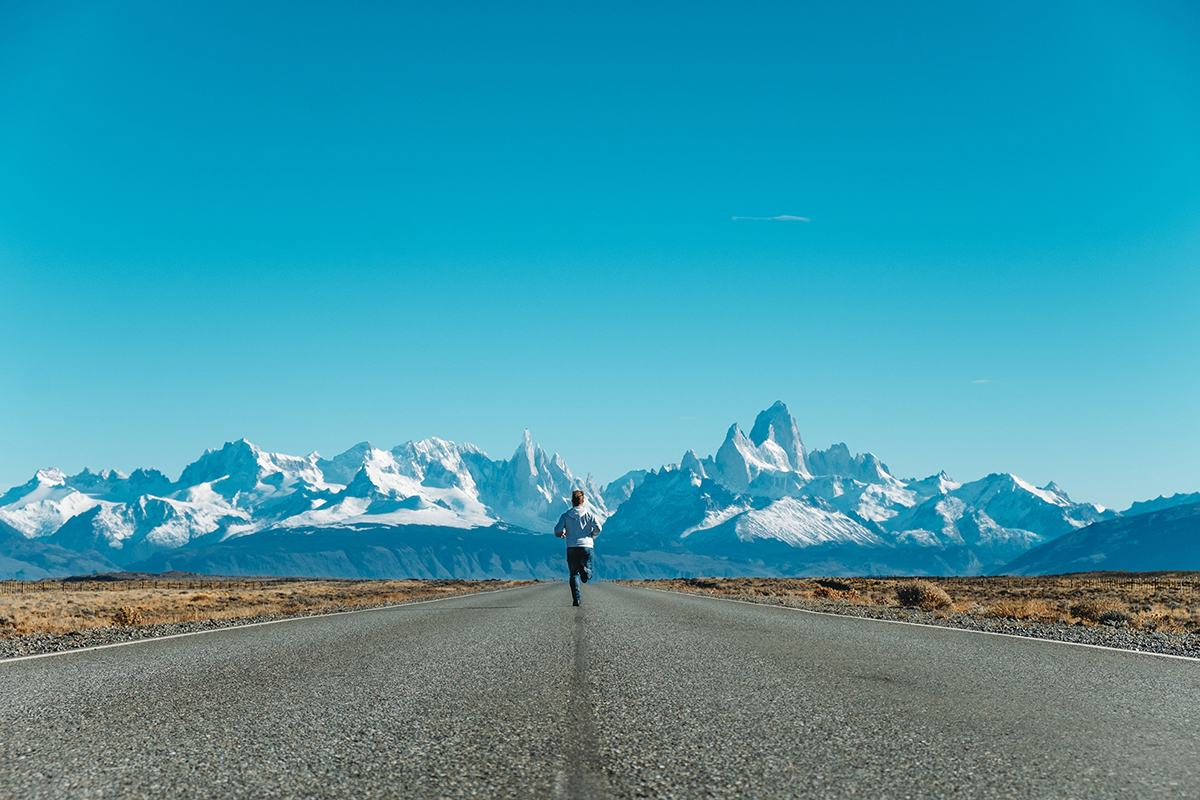



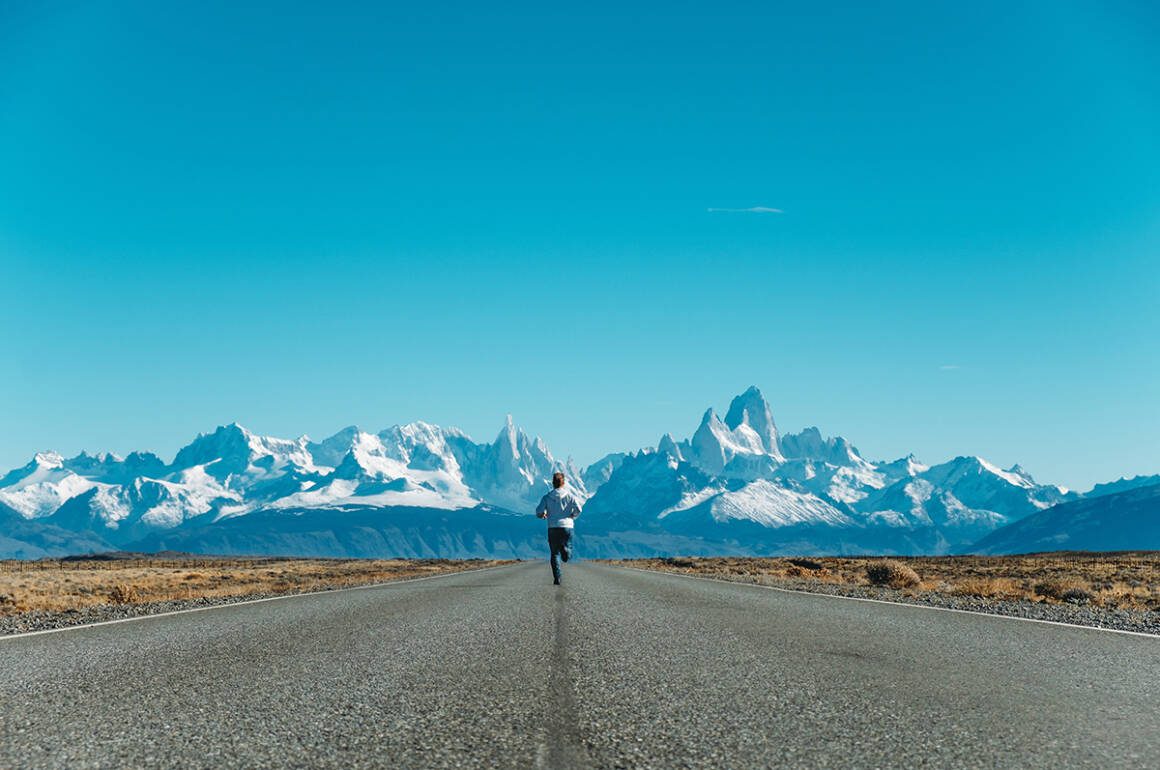


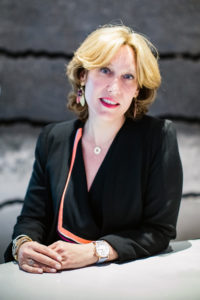

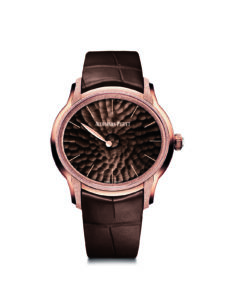

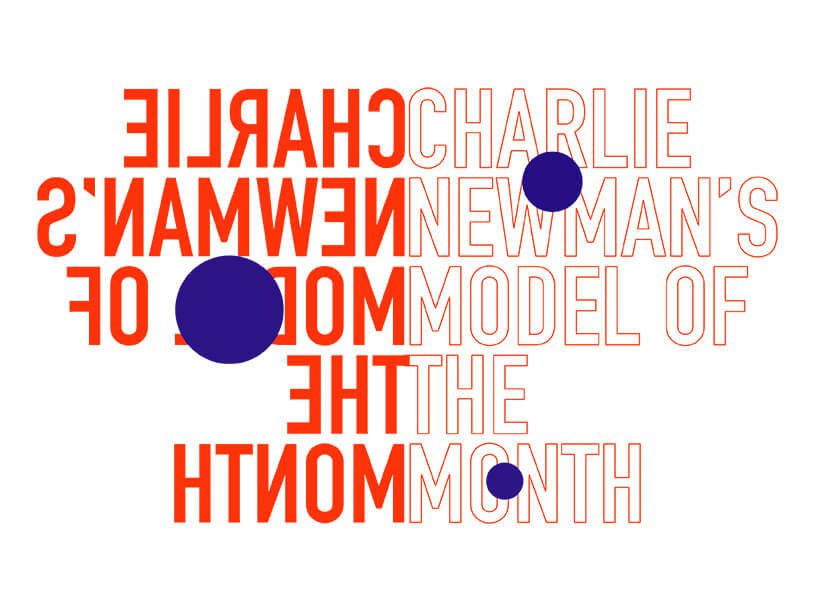
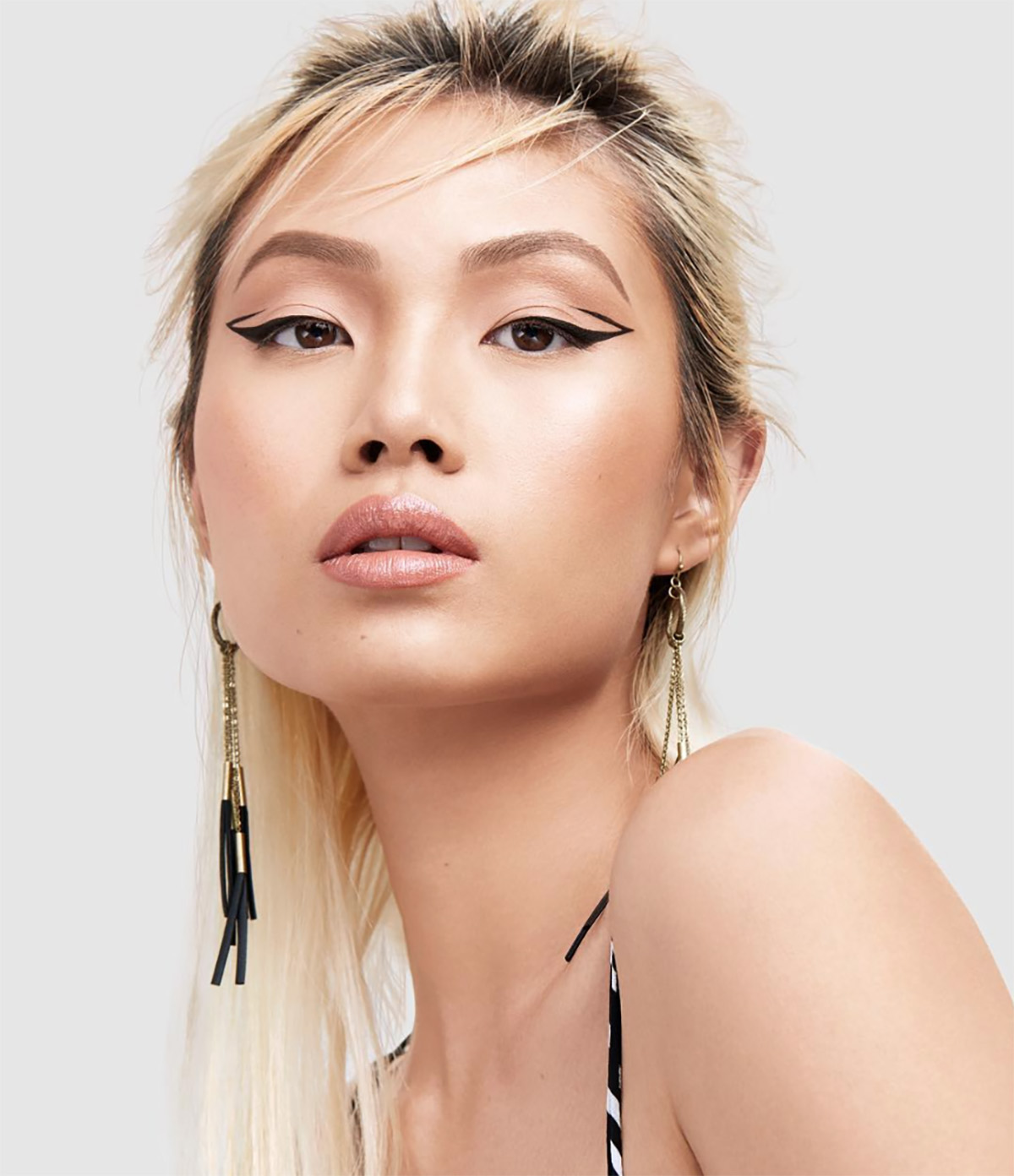

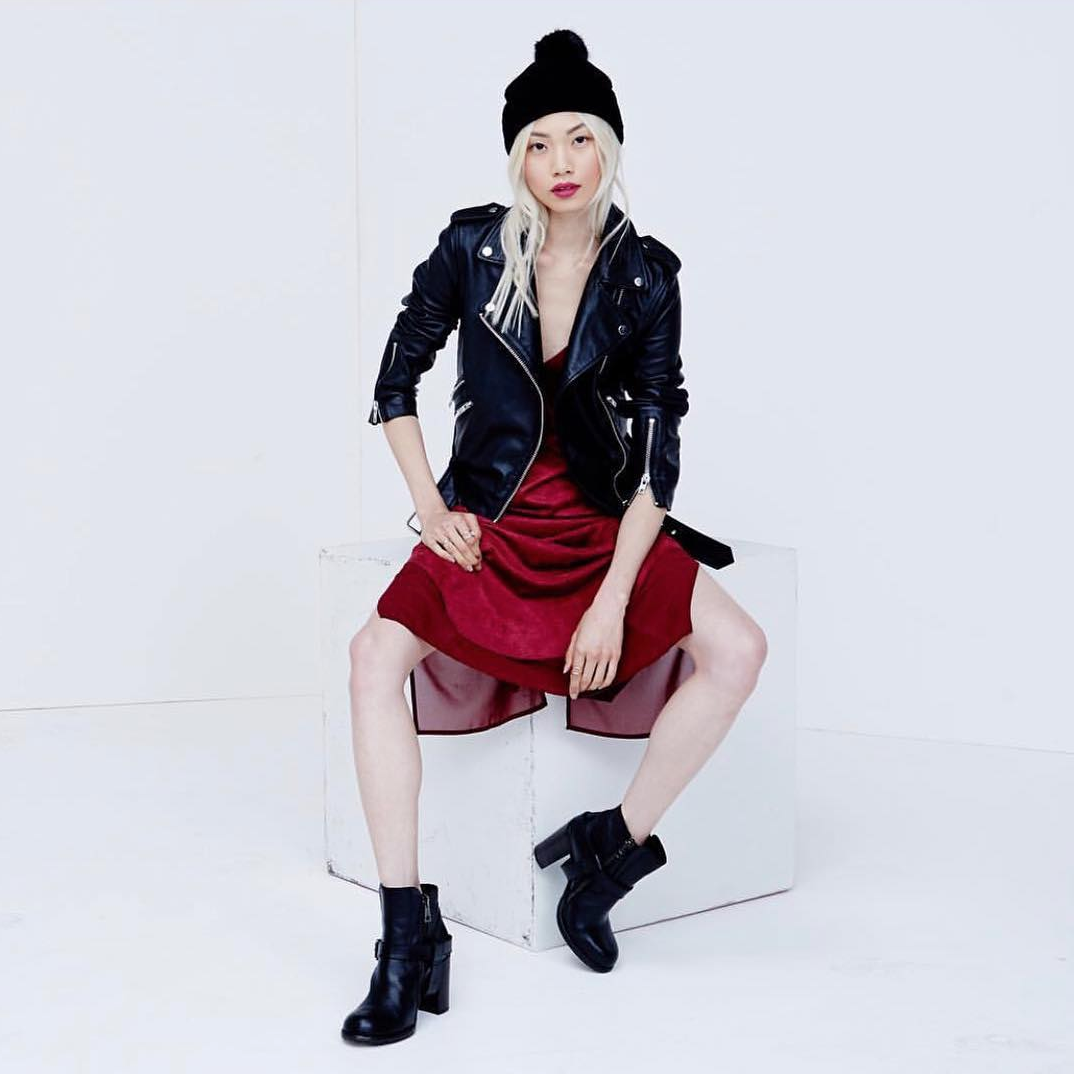
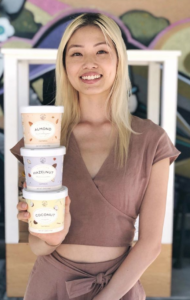
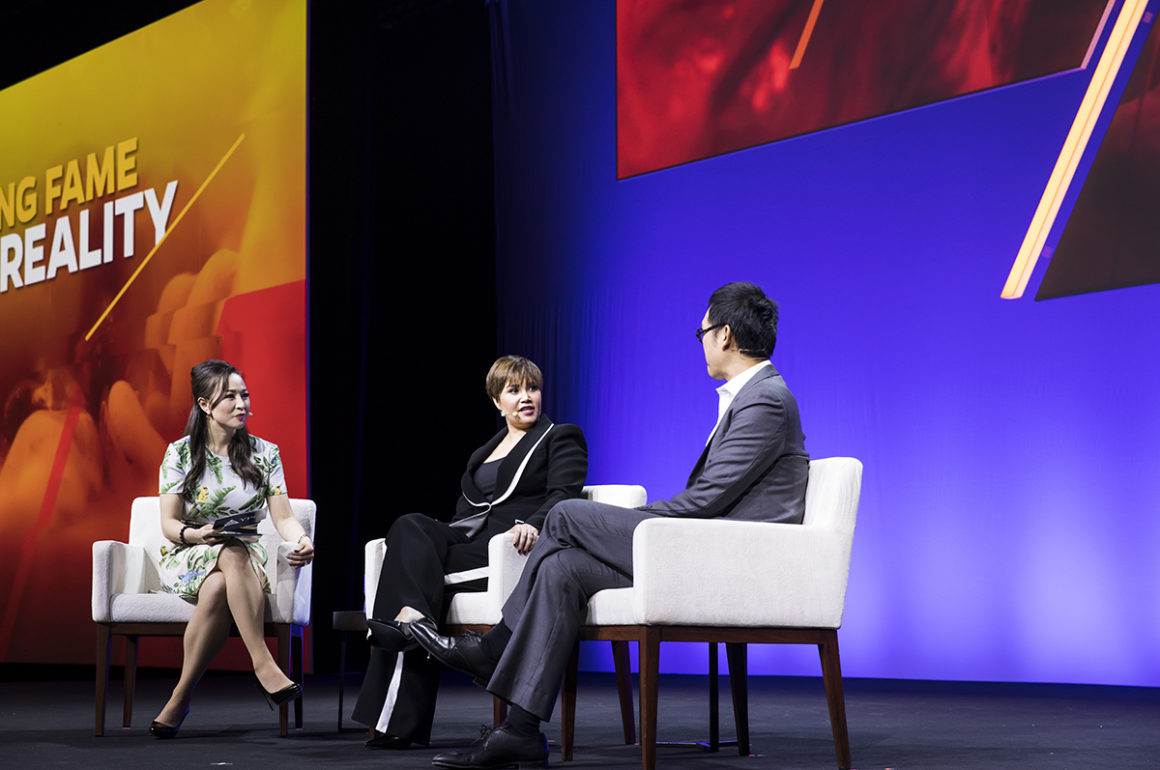













Recent Comments